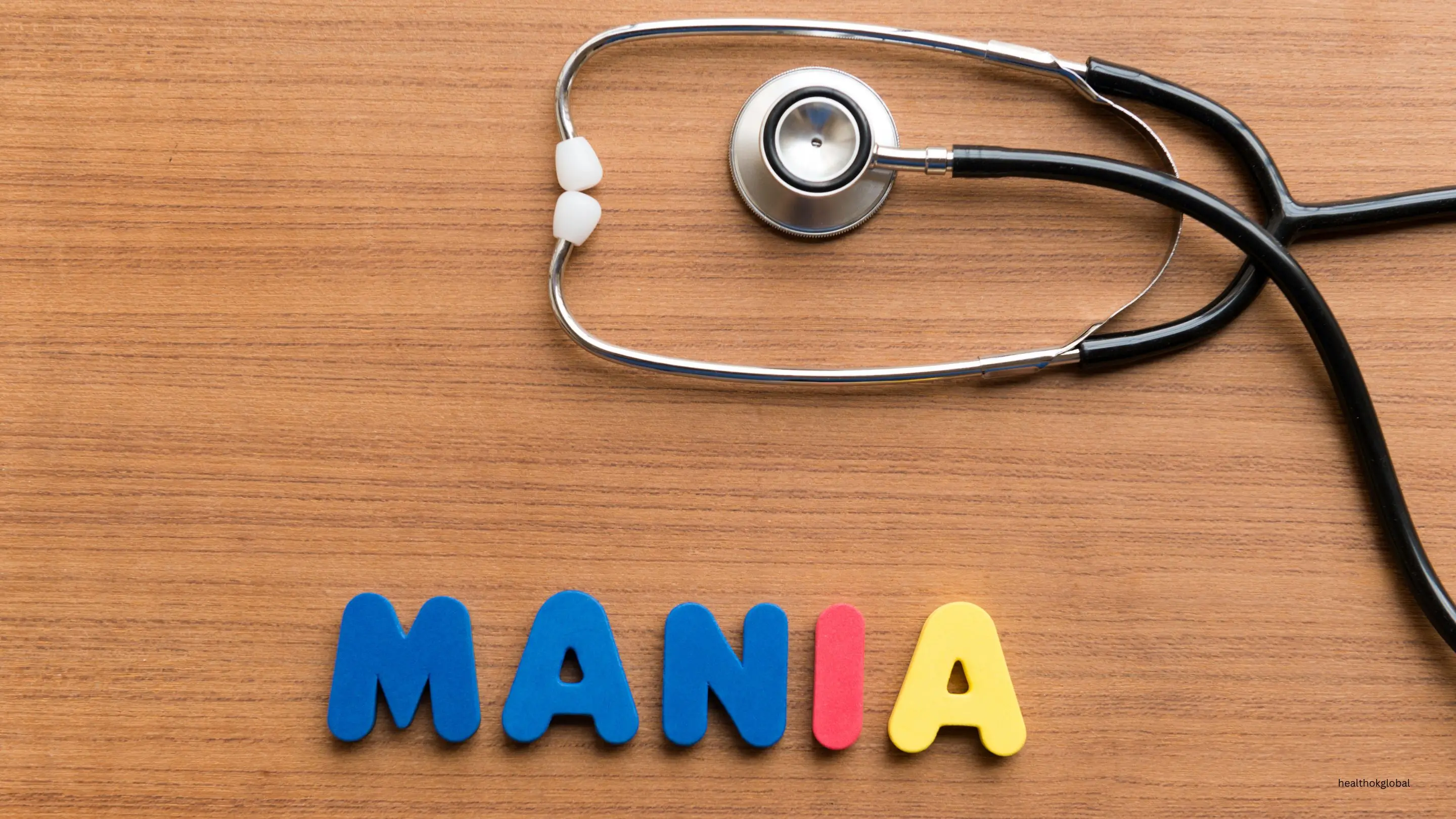Managing diabetes requires careful attention to diet, as what you eat significantly impacts blood sugar levels, kidney health, and overall well-being.

Blog
The Essential Diet Plan for Diabetic Patients: A Comprehensive Guide
Managing diabetes requires careful attention to diet, as what you eat significantly impacts blood sugar levels, kidney health, and overall well-being. This guide provides an in-depth look at effective dietary strategies for diabetic patients, including those undergoing dialysis, with a focus on an Indian dietary context.
A balanced diet for diabetic patients aims to stabilize blood sugar levels, provide necessary nutrients, and maintain a healthy weight. It involves a combination of carbohydrates, proteins, fats, and fibers, carefully portioned to avoid blood sugar spikes.
The Indian diet, rich in vegetables, legumes, and grains, can be beneficial for diabetic patients when properly managed. Incorporating high-fiber foods, lean proteins, and healthy fats while minimizing refined carbs and sweets is crucial.
A daily meal plan may include:
Vegetable upma or moong dal cheela with a side of mixed fruits.
Roti made from whole wheat or millet, with a bowl of dal, mixed vegetable curry, and a salad.
Roasted chana or a small bowl of curd with cucumber.
Grilled chicken or paneer with sautéed vegetables and a small serving of brown rice.
Patients with diabetes undergoing dialysis have specific nutritional needs to address kidney health and manage blood sugar levels. A diet low in sodium, potassium, and phosphorus, yet rich in high-quality protein, is often recommended.
Incorporating meals that are both dialysis-friendly and diabetes-conscious involves choosing low-potassium vegetables, fruits, and lean protein sources, while also monitoring carbohydrate intake for blood sugar control.
A meal plan for dialysis patients with diabetes should focus on heart-healthy fats, moderate protein, and controlled portions of carbohydrates. Monitoring fluid intake is also essential to avoid complications.
Cauliflower, blueberries, egg whites, and whole grains like barley.
Potatoes, oranges, nuts, and foods high in added sugars or salt.
Managing diabetes, especially with the added complexity of dialysis, requires a thoughtful approach to diet. Tailoring your meal plan to fit your nutritional needs can help in effectively controlling blood sugar and maintaining kidney health.
A balanced diet for diabetic patients aims to stabilize blood sugar levels, provide necessary nutrients, and maintain a healthy weight. It involves a combination of carbohydrates, proteins, fats, and fibers, carefully portioned to avoid blood sugar spikes.
The Indian diet, rich in vegetables, legumes, and grains, can be beneficial for diabetic patients when properly managed. Incorporating high-fiber foods, lean proteins, and healthy fats while minimizing refined carbs and sweets is crucial.
This section covers Foods to Include and Avoid in detail.
Need Personalized Health Guidance?
Get expert advice tailored to your specific health needs from our qualified healthcare professionals.





